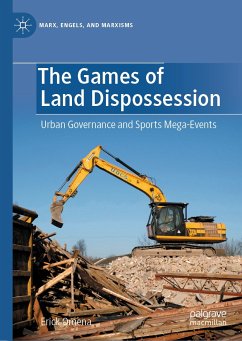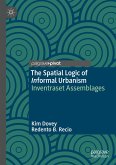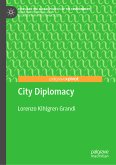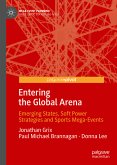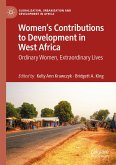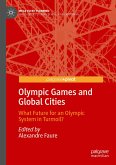This book offers a comparative study of state strategies in relation to urban redevelopment projects associated with sports mega-events in Brazil, South Africa and the United Kingdom. It examines urban governance strategies employed to dispossess working-class communities of their land and counteract the subsequent emergence of discontent in various national contexts, offering an intricate analysis of the mechanisms of class dominance operating across diverse regions of the globe. This is based on the application of Gramscian theory concerning the capitalist state and its fluid interplay between coercion and consent. Juxtaposing historical trajectories in the execution of redevelopment initiatives linked to large-scale sporting events, the book offers an in-depth examination of the state-civil society relations shaping the London 2012 and Rio 2016 Olympic Parks, alongside the regeneration initiatives concerning the Maracanã stadium in Rio de Janeiro and the Ellis Park stadium in Johannesburg - respectively earmarked for the 2014 and 2010 FIFA World Cups. Drawing on insights from a range of disciplines and an explicitly Gramscian analytical framework, this book will appeal to students and scholars in urban planning, sport sociology, development studies, and human geography.
Dieser Download kann aus rechtlichen Gründen nur mit Rechnungsadresse in A, B, BG, CY, CZ, D, DK, EW, E, FIN, F, GR, HR, H, IRL, I, LT, L, LR, M, NL, PL, P, R, S, SLO, SK ausgeliefert werden.

